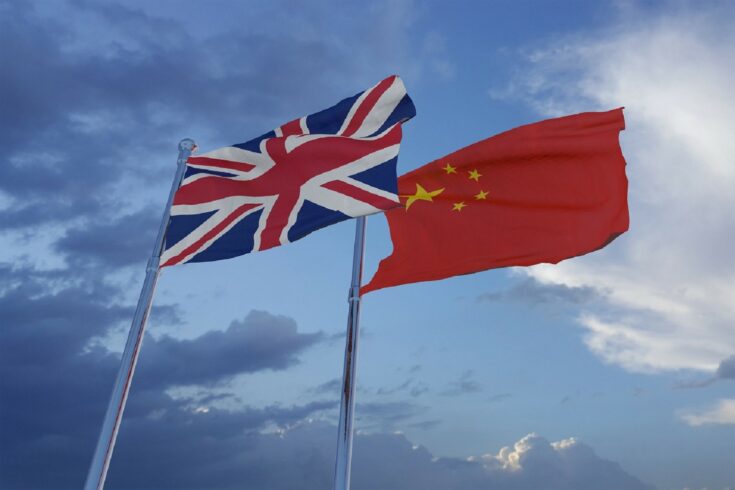UK-China partnerships in palaeoclimate and biodiversity research are transforming global understanding of the impact of catastrophic climate change on ecosystems.
The UK is preparing for the UN Climate Change Conference (COP26) in Glasgow in November and China is preparing for the Convention on Biological Diversity (COP15) in October 2021 in Yunnan Province.
The UK and China have much to offer on leading the biodiversity and climate debate in the pandemic era. Both countries have prioritised research on environmental science and biodiversity to address vital climate challenges.
The UK Xishuangbanna Tropical Botanic Garden (XTBG) project
The bilateral partnership in paleobiodiversity provides crucial insights on:
- dealing with the current biodiversity crisis
- predicting future responses to climate change
- enabling solutions to strengthen biodiversity resilience.
The evolution of vegetation and biodiversity change during the Paleogene and early Neogene project is part of the UK-China Biosphere Evolution, Transitions and Resilience (BETR) programme. This has been jointly funded by the Natural Environment Research Council and the Chinese Natural Science Foundation of China (NSFC) since 2017.
The programme is designed to help identify where and how the paleo record is a good analogue for near-future conditions of climate and biodiversity. It aims to generate essential knowledge on how biodiversity responds to current changing climate.
Meeting global challenges through international collaboration
Researchers in palaecology, geology and climate modelling from both the UK and China are collaborating on identifying the nature of ecological change during the Paleogene and early Neogene. They are also establishing the underlying mechanism of changes and thresholds. Continued partnerships in strategic areas of environmental science can help find solutions to tackle climate change challenges.
By developing the long-term partnerships with leading Chinese counterparts, UK Research and Innovation (UKRI) China office promotes the UK’s expertise on biodiversity and environmental science and the value of international collaboration in China.
Building on a strong foundation of existing collaboration, UKRI together with China’s Ministry of Science and Technology will co-host the UK-China Climate Adaptation and Resilience Conference. They will also host a series of events to support the launch of a global climate research strategy at COP26 this November 2021.
Solutions to today’s challenges
Dame Caroline Wilson DCMG, British Ambassador to China, paid a visit to the Xishuangbanna Tropical Botanical Garden, Yunnan Province on 26 May and said:
I discovered amazing British and Chinese scientists deep in the rainforest here who impressed upon me the importance of collaboration.
They are working to establish how ancient climate change (on what is now the Qinghai Tibetan plateau) affected plants and believe nature can provide us with clues if not solutions to today’s challenges.
Subscribe to our newsletter to find out more and contact UKRI China for more information about our work.
Last updated: 25 August 2021

